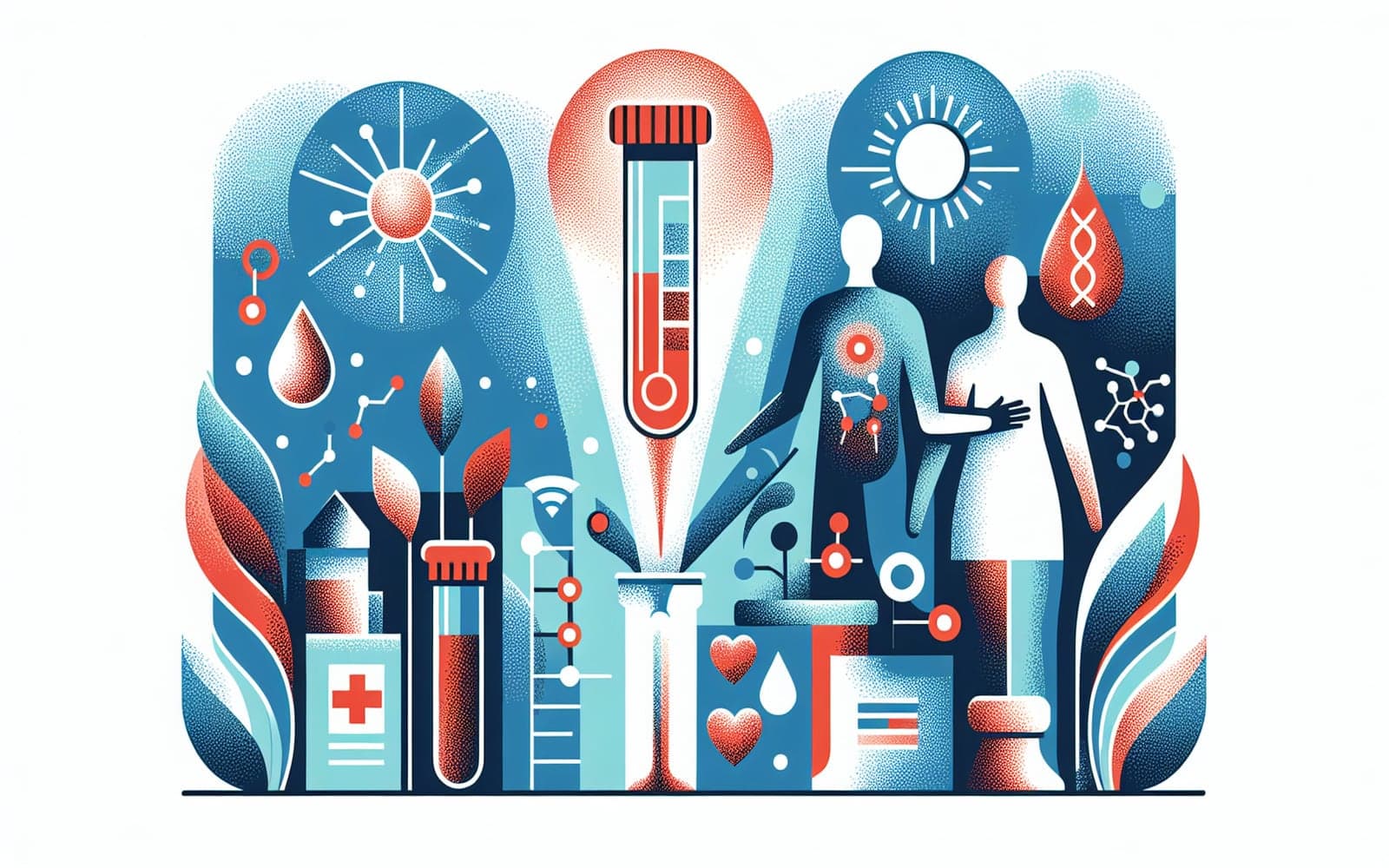Testing for Thrombophilia: What You Need to Know
Published: Sep 27, 2023

Medically reviewed by Alan Lucks | MD, Alan Lucks MDPC Private Practice - New York on September 27th, 2023.
Understanding your risk for thrombosis can involve specific tests. This article explains the tests available for detecting thrombophilia and how they can guide treatment.
Contents
Why Get Tested?
Testing for thrombophilia is important if you have a personal or family history of blood clots. It helps identify genetic mutations or deficiencies that may increase your risk. Knowing your status can help in taking preventive measures or starting treatments to reduce risk.
Common Tests for Thrombophilia
The most common tests include those for Factor V Leiden and prothrombin mutations, as well as tests for deficiencies in protein S, protein C, and antithrombin. These tests typically involve a simple blood sample analyzed in a laboratory. Results can guide your doctor in creating an effective management plan.

Understanding the Results
Interpreting test results can be complex. A positive result indicates a higher risk of clotting, but doesn't mean you'll definitely develop a clot. Your healthcare provider will explain what your results mean and discuss any necessary lifestyle changes or treatments.
Frequently Asked Questions
Those with a personal or family history of blood clots.
They usually involve a simple blood test.
They indicate risk but don't guarantee a clot will form.
Tests for Factor V Leiden, prothrombin mutations, and protein deficiencies.
Key Takeaways
Testing helps you understand your risk and take control of your health.
Talk to Doctronic about whether thrombophilia testing is right for you.Related Articles
References
Mateo J, Oliver A, Borrell M, et al. Laboratory evaluation and clinical characteristics of 2,132 consecutive unselected patients with venous thromboembolism--results of the Spanish Multicentric Study on Thrombophilia (EMET-Study). Thromb Haemost 1997; 77:444.
Heijboer H, Brandjes DP, Büller HR, et al. Deficiencies of coagulation-inhibiting and fibrinolytic proteins in outpatients with deep-vein thrombosis. N Engl J Med 1990; 323:1512.
This article has been reviewed for accuracy by one of the licensed medical doctors working for Doctronic. Always discuss health information with your healthcare provider.

